Below are some tough word problems that require both close reading and sharp problem solving skills. To make these already difficult questions even more fiendish, I’ve made each a Numeric Entry question (sorry, no cool boxes). In some of the questions below, there are a few possible solution paths, some more elegant than others. If you are feeling brave, share your answer(s) and how you got there.
Good luck!
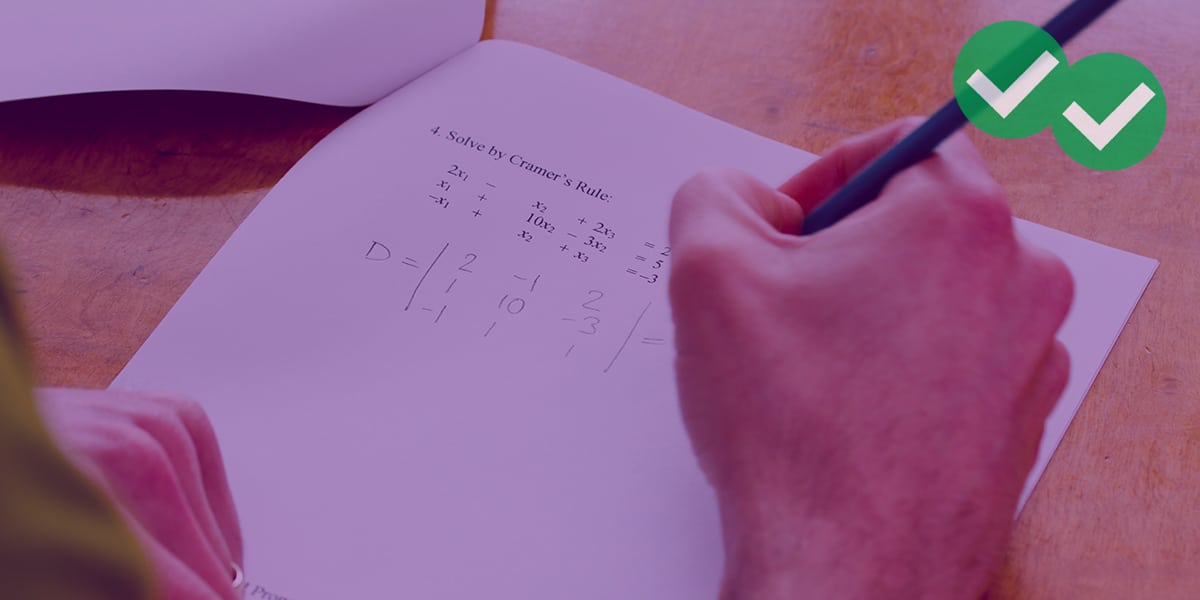
Numeric Entry Questions
1. Set S consists of the integers from -1 to 5, inclusive. If N is the product of three distinct members of Set S, how many unique values of N are there?
Numeric Entry ____________
2. A combination lock has three dials, each consisting of a single digit, 0-9. The lock can be opened only if each dial is in the correct position. If the code for the lock consists of three prime numbers, what is the probability that 252 is the code? (Provide answer in fraction form).
Numeric Entry ___________
3. Twelve doctors are to be selected by hospital staff to sit on a six-person committee. Within that committee, an additional subcommittee of three doctors will be formed. How many unique sub-committees are possible?
Numeric Entry ____________
Explanations:
1. The quick way to this question is to think of it as a combination problem. See, when you take the product of three numbers it doesn’t matter which order those numbers are in, e.g. 1x2x3 = 3x1x2. Since there are 7 numbers and three of being chosen, you may be tempted to use 7C3. However, there is a little twist to this problem. Any product with a zero in it will result in zero. The question is asking for unique products so we will have to eliminate this possibility. Therefore, let’s use only six of the seven numbers (-1 through 5, not including the 0). So we get 6C3, which gives us 20. Then, that leaves us with a product that equals 0. And since we know that the other combination of numbers will not equal 0, we add that 1 case (where the product is zero) to the 20 other cases, giving us 21.
Answer: 21
2. Fun question! The trick is realizing that you don’t want to take the total possibilities hof a 0-9 lock with three positions. The question already gives you the following stipulation: each of the three numbers to the lock are primes. Therefore, the total possibilities are 64. Since 252 is one specific number of these 64, the chances of choosing at random are 1/64.
Answer: 1/64
3.Like the other questions above, this one also has a twist: It doesn’t matter how many doctors are chosen for the initial committee, since the three chosen for the subcommittee are ultimately taken from the twelve doctors. So all we have to do is use 12C3, which gives us 220.
Answer: 220


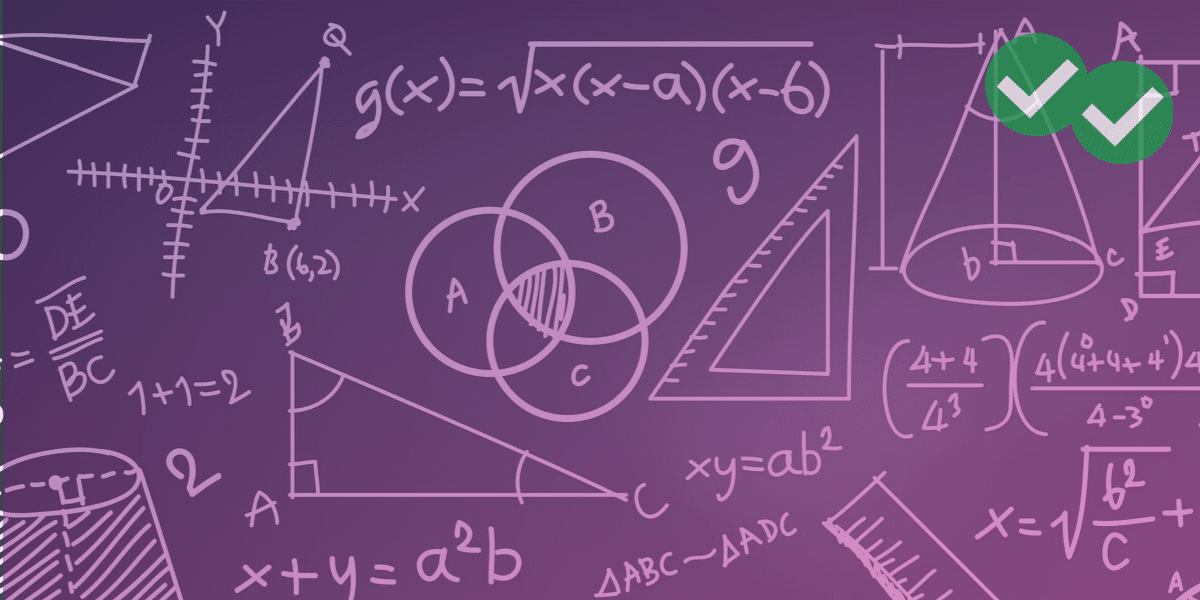
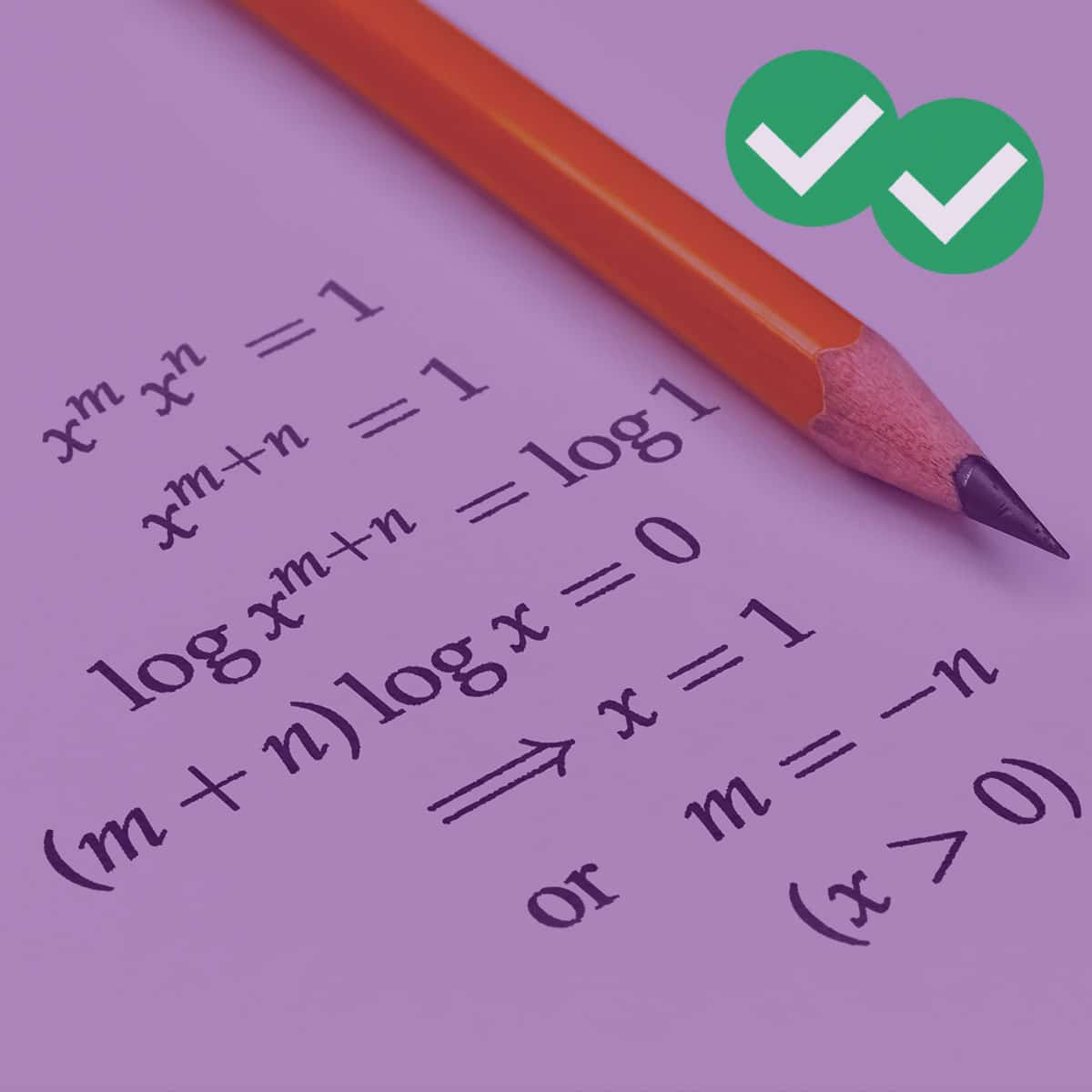
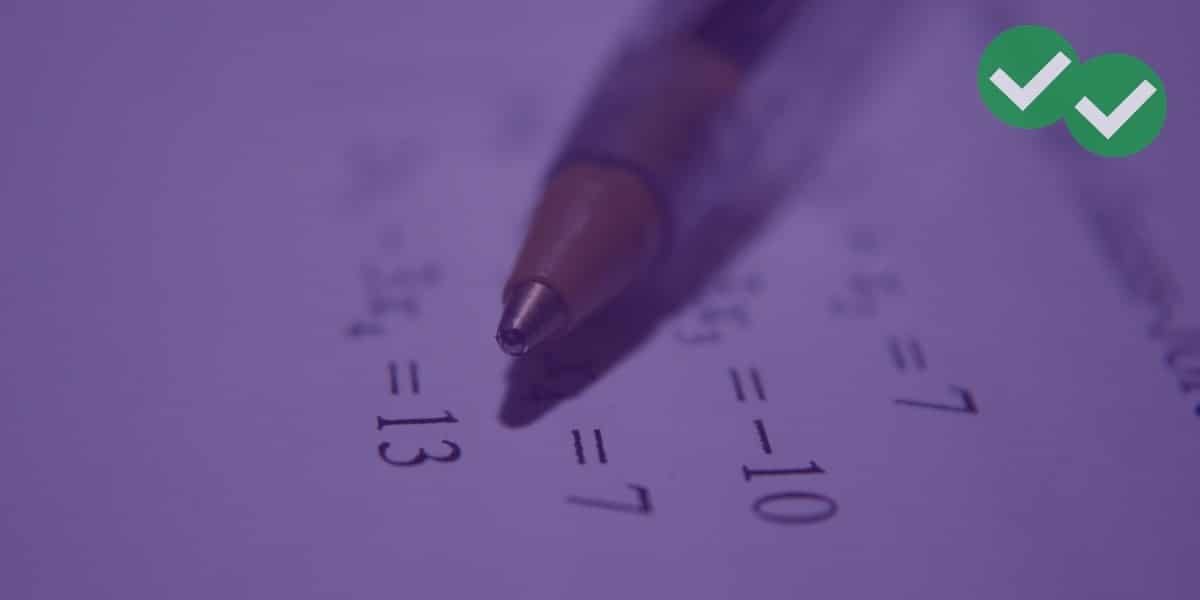
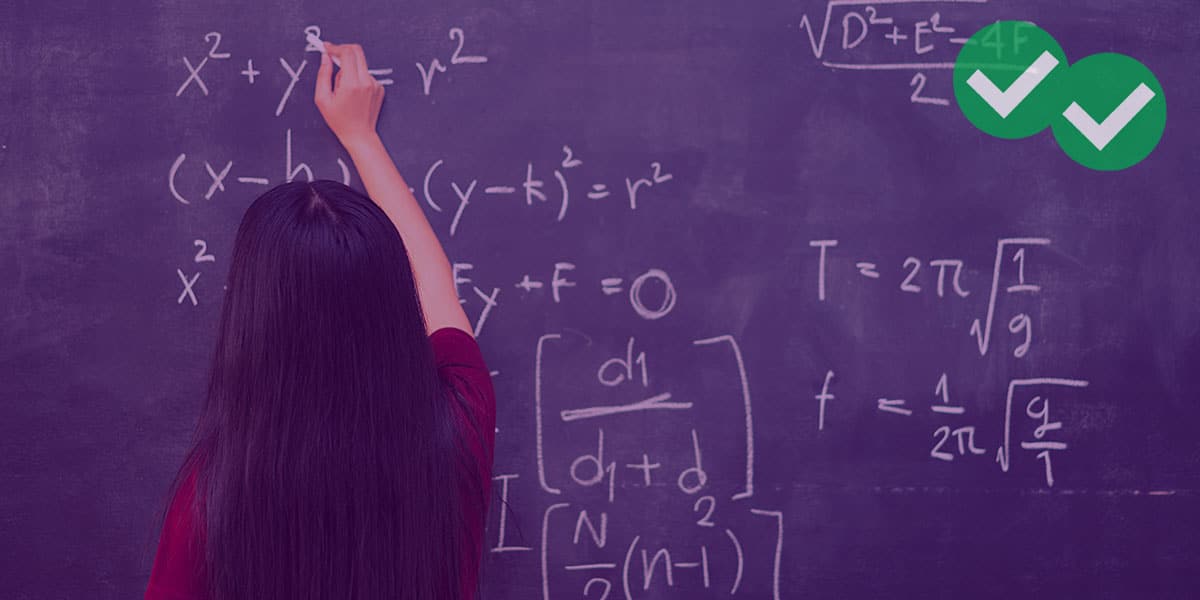
Leave a Reply